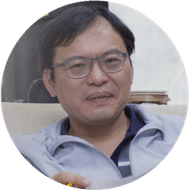Did Jiang Zemin pave the way for greater centralised rule in China?
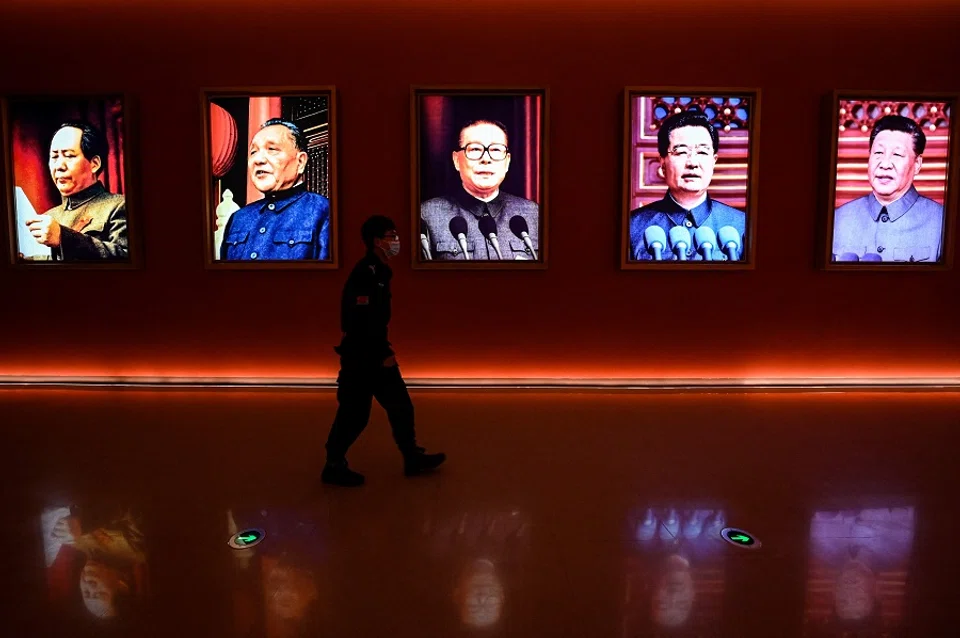
Jiang Zemin, former general secretary of the Chinese Communist Party (CCP), state president, and chairman of China's Central Military Commission (CMC), passed away in Shanghai on 30 November 2022 at the age of 96.
It was Deng Xiaoping and other party veterans who arranged for Jiang to succeed Zhao Ziyang as CCP general secretary after the 1989 Tiananmen incident and become the "core" of the third generation of CCP leaders. After Deng's death in 1997, Jiang assumed supreme power in China.
Although he was succeeded as general secretary and state president by Hu Jintao at the CCP's 16th Party Congress in 2002, Jiang remained a member of the CMC until 2004, and throughout Hu Jintao's administration (2002-2012), Jiang and members of his circle - known as the "Shanghai gang" (上海帮) - continued to control a large part of the party, government, and military, reducing Hu Jintao to a political lame duck.
When Xi Jinping came to power at the end of 2012, he set about eliminating the influence of Jiang and his faction through such means as the anti-corruption campaign. By 2015, Jiang Zemin had lost his ability to influence Chinese politics and decision making.
... rapid economic growth in the 1990s created the so-called Chinese miracle and "China's speed" (中国速度), and prepared the ground for further development under Hu Jintao.
A pragmatist
Jiang was a technocrat who adopted a pragmatic style of governance. Unlike Mao Zedong and Deng Xiaoping, who were revolutionary cadres, Jiang was well educated and had already had a long career as a mechanical engineer before he entered politics. From 1970 to his appointment as CCP general secretary in 1989, he served as a leader in the machinery industry department and in Shanghai. Once he assumed supreme power, he did all he could to develop the Chinese economy, which grew rapidly during his tenure. In 2001, China entered the WTO, which facilitated further integration into the world market.
During Jiang's tenure, his premiers were Li Peng (1987-1998) and Zhu Rongji (1998-2003), both of whom were typical technocrats who laid the foundations for China's economic development. Many observers believed that after the shock of Tiananmen, China would quickly become weaker, but rapid economic growth in the 1990s created the so-called Chinese miracle and "China's speed" (中国速度), and prepared the ground for further development under Hu Jintao.
Both Jiang and his successor Hu Jintao were pragmatists who sought to reduce the influence of ideology on economic development as much as possible.
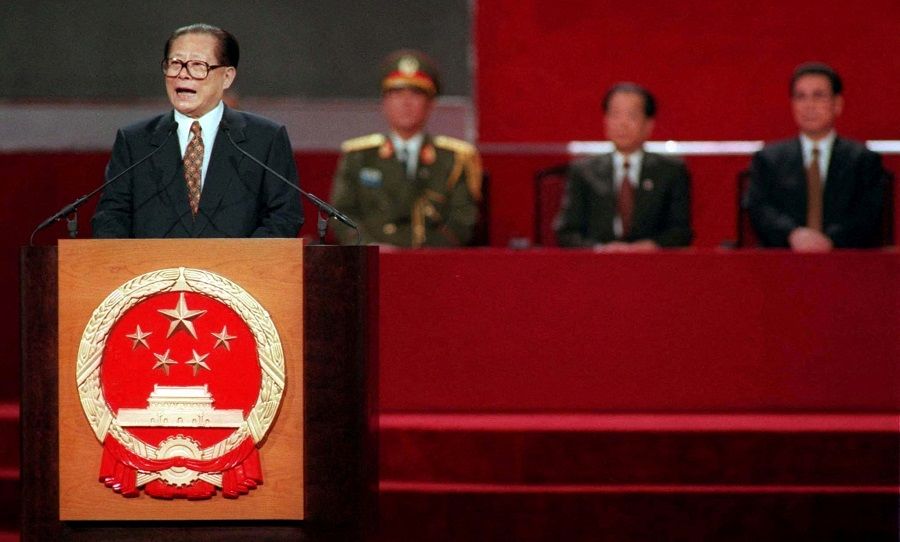
The "Three Represents" (三个代表) proposed by Jiang Zemin during his tenure resolved the potential conflict between the CCP and private entrepreneurs to a certain extent. Jiang also co-opted many of the vast numbers of private sector employees into the regime by admitting them into the party, in a signal that the CCP had developed from a revolutionary party into a genuine ruling party. Both Jiang and his successor Hu Jintao were pragmatists who sought to reduce the influence of ideology on economic development as much as possible.
Other landmark events during the Jiang period were the return of Hong Kong and Macau to Chinese rule and the success of China's bids to host the 2008 Beijing Olympics and the 2010 Shanghai World Expo - all events which further strengthened exchanges between China and the rest of the world.
Help or harm to China's political development?
Jiang Zemin's official obituary speaks highly of him, calling him a "great Marxist" (伟大的马克思主义者), the highest honorary title that the CCP can give to its leaders. This is an indication of how much the party respects his contributions. But from another point of view, Jiang Zemin may have inflicted considerable harm on China's political development. For example, during his administration, corruption among Chinese officials was severe. In addition, Jiang was definitely not a genuine reformer, and he had no overall and sustainable governance plan.
...in his dash for economic growth, Jiang ignored the damage this was doing to China's environment, and air and water pollution both increased.
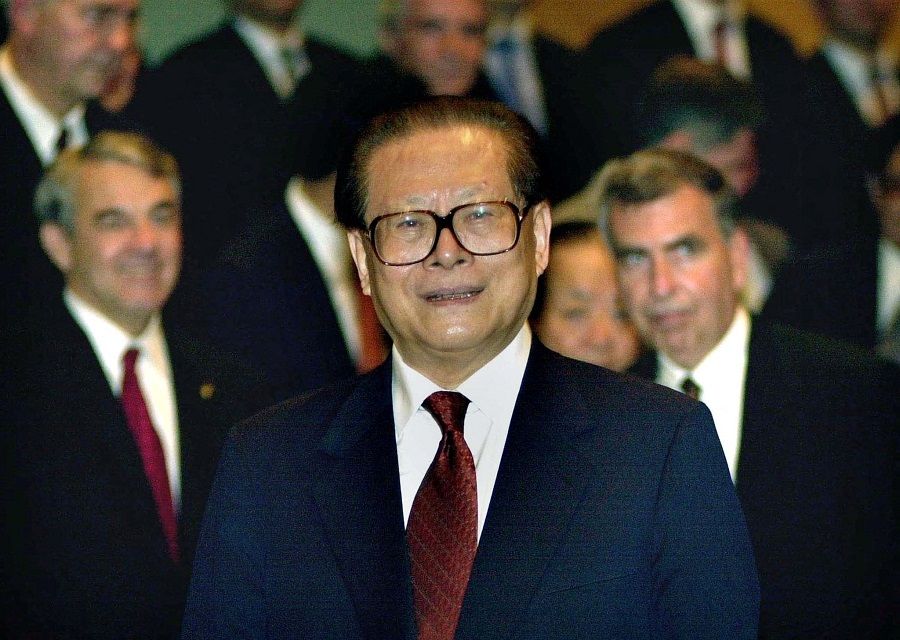
China's development encountered many issues during Jiang's tenure. First, it was Jiang who all but gave up on the idea of political reform. After the 1990s, China's economy grew rapidly, but its political system became more centralised. Freedom of speech was strictly limited and certain social groups, such as Falun Gong (法轮功), were closely monitored and suppressed.
What is more, in his dash for economic growth, Jiang ignored the damage this was doing to China's environment, and air and water pollution both increased. The acceleration of economic development also widened the gap between rich and poor and between urban and rural dwellers. In 2003, Hu Jintao tried to remedy these social and economic problems created by the Jiang regime through his new "scientific outlook on development" (科学发展观).
Setting the nation on a certain path
Another shortcoming of the Jiang Zemin period was how ostensibly retired leaders meddled in politics, something that Jiang and his allies continued to do after he stepped back from power. Between 2002 and 2015, the Jiang faction still held some real political power, allowing Jiang Zemin to influence important political and personnel decisions in China.
For example, while Hu Jintao was in power, important military appointments were still almost entirely in the hands of two generals from the Jiang faction - Guo Boxiong and Xu Caihou. During the Wenchuan (汶川) earthquake of 2008, Premier Wen Jiabao, who was in charge of disaster relief, was forced to issue orders to the military through Guo Boxiong. This was one reason why Xi Jinping was determined to eradicate the influence of the Jiang faction in order to consolidate his position after he came to power at the end of 2012.
Jiang failed to provide the regime with any checks and balances that would mitigate the effects of Xi Jinping's drive toward centralised rule.
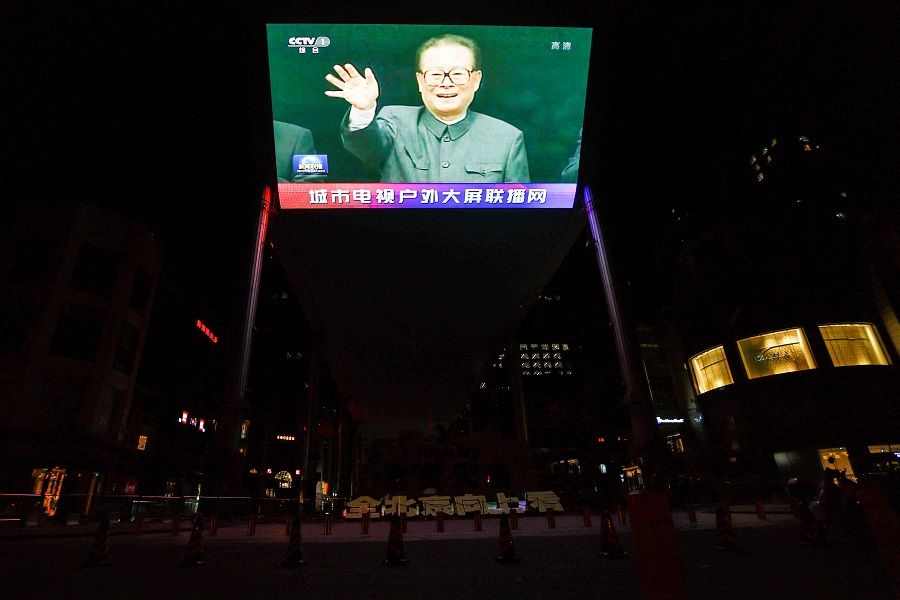
So, although Jiang Zemin's period in power brought China high-speed economic growth, there was no sign of any innovation in the area of political reform. On the contrary, Jiang was obsessed with preserving his power. While he was in office, he was careful to place his cronies in important positions, which enabled him to hang on to the reins of power even after his retirement. However, compared to Jiang, Xi Jinping has an even tighter hold on political power and Chinese society, making it even less likely that China will go in the direction of democratisation.
As the first top leader of the post-revolutionary generation, Jiang Zemin succeeded in stabilising the regime and pushing forward China's economic development, but he left no legacy of political reform. In particular, Jiang failed to provide the regime with any checks and balances that would mitigate the effects of Xi Jinping's drive toward centralised rule.
Related: Jiang Zemin: The Chinese leader whose achievements outweighed the shortcomings | Jiang Zemin who deepened China's reform and opening up dies at age 96 | Mao Zedong to Xi Jinping - Five generations of CPC leaders | Death of China's factional politics | The Real Xi: Reflections on the 20th Party Congress
